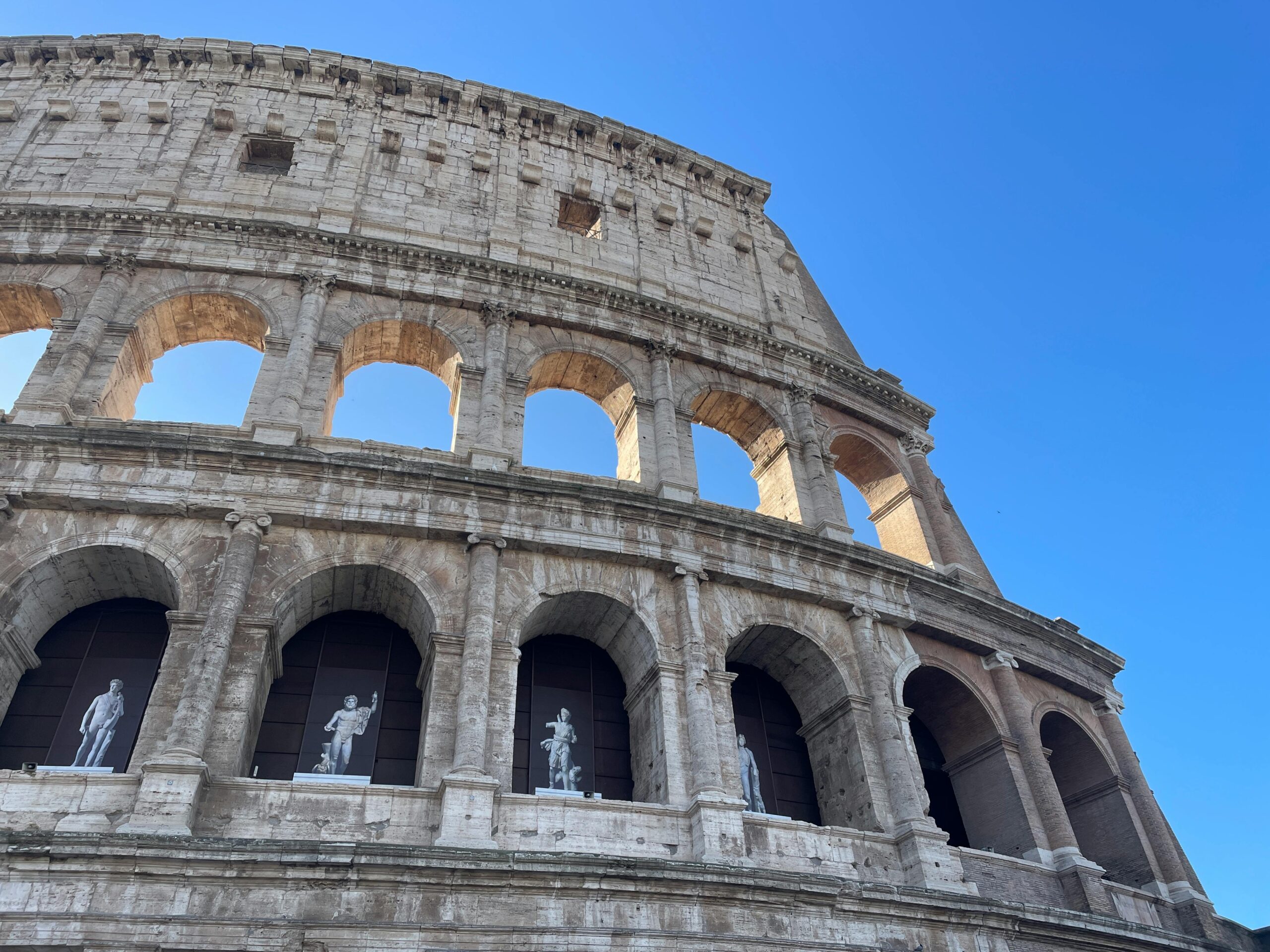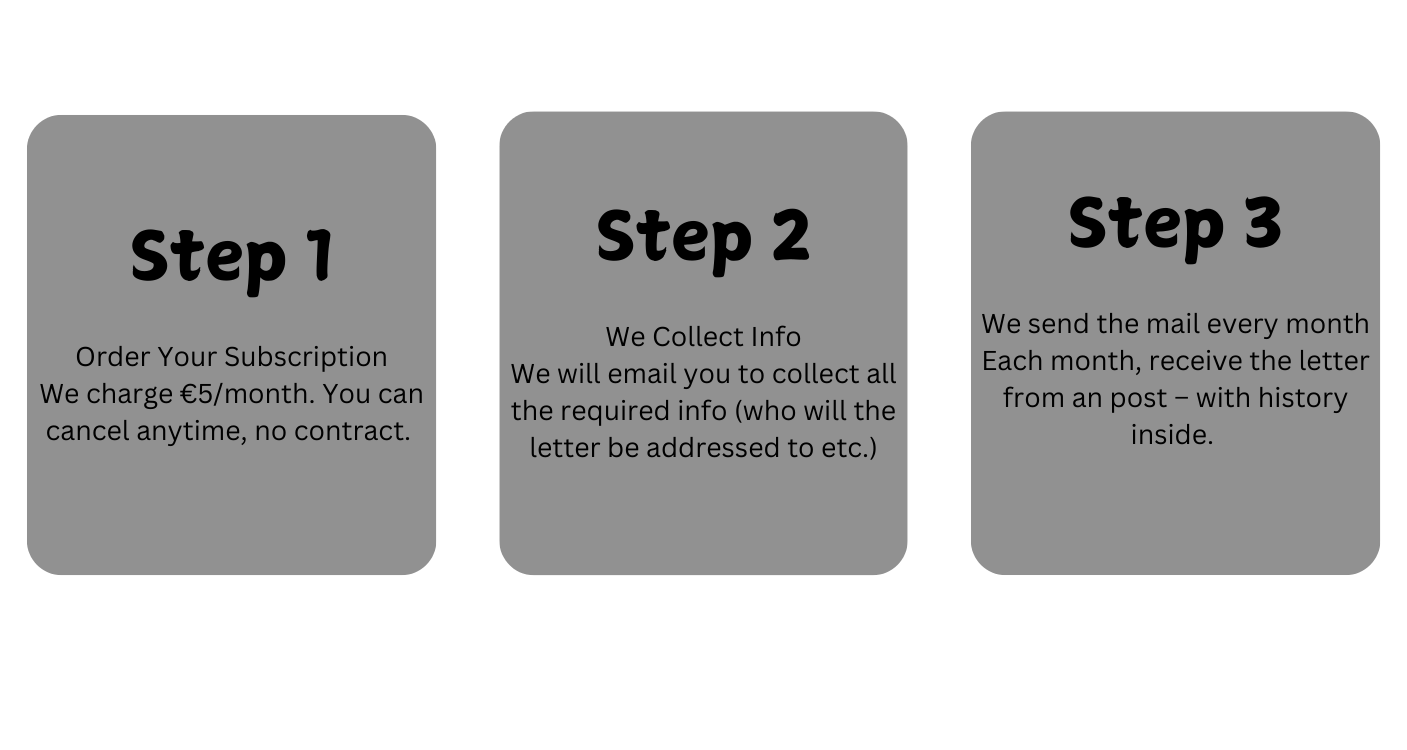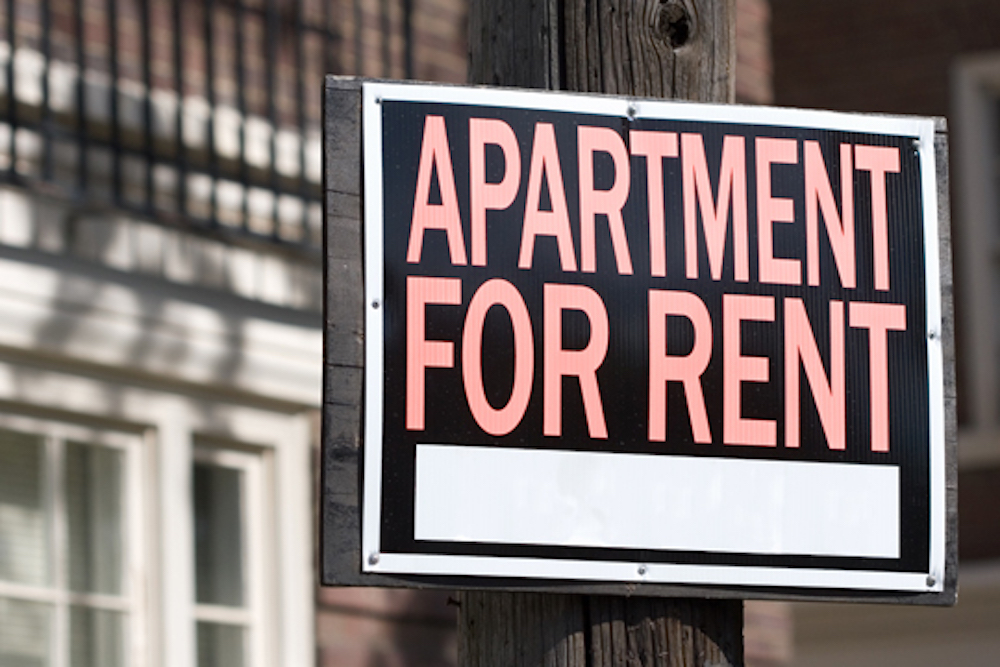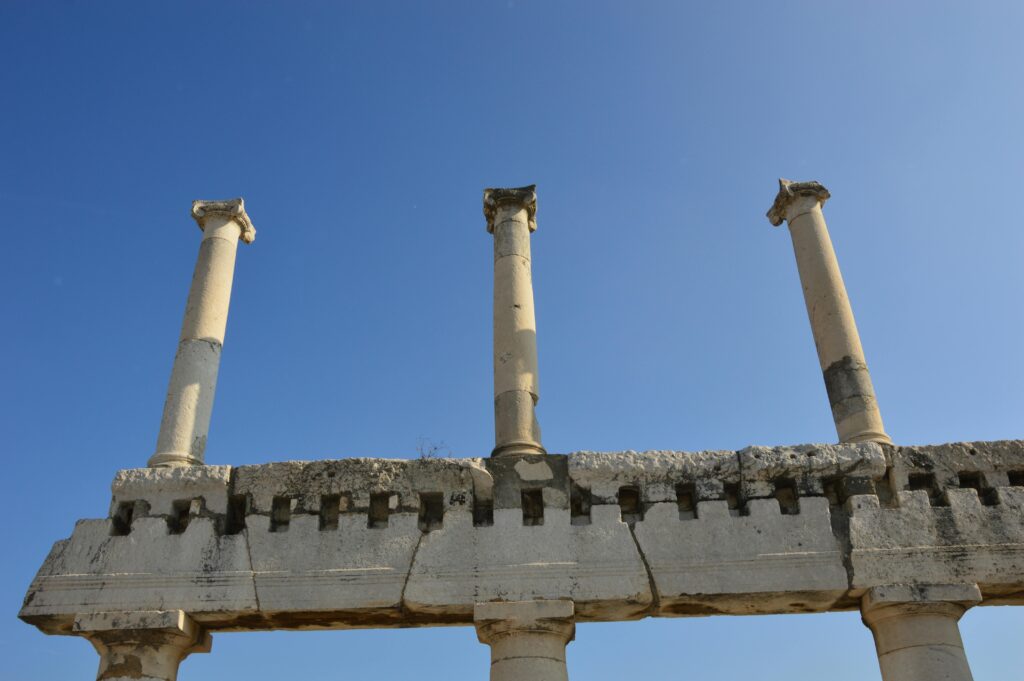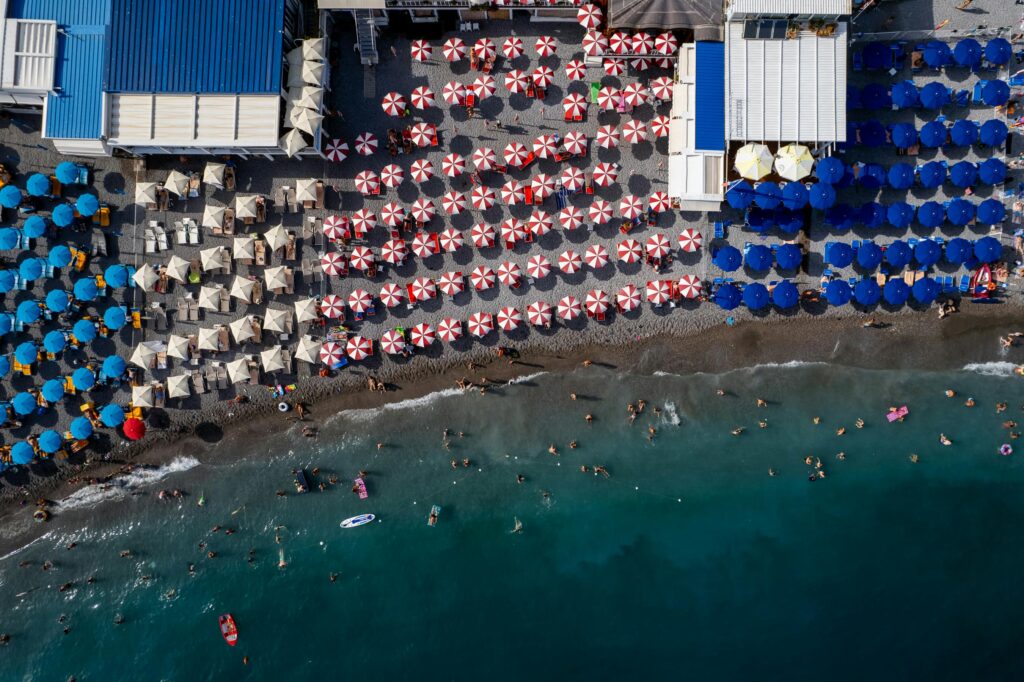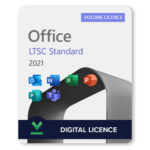finding the right apartment can be a daunting task, especially if you’re unfamiliar with the process. This guide will help you navigate the rental market in Italy, covering where to look, how to search online, rental costs, contracts, necessary documents, and additional expenses to budget for.
Thank you for reading this post, don't forget to subscribe!Where to Look for a Rental Home in Italy
Cities and Regions:
- Rome: Known for its rich history and vibrant culture, Rome offers a range of rental options from historic apartments in the city center to more modern accommodations in the suburbs.
- Milan: Italy’s financial hub is ideal for professionals, offering a mix of high-end and affordable rentals.
- Florence: Perfect for those drawn to art and history, Florence provides charming apartments in historic buildings.
- Naples and Southern Italy: These regions offer more affordable housing options and a slower pace of life.
Neighborhoods:
- Consider what you need in a neighborhood: proximity to work, schools, public transport, and amenities like shops and parks.
How to Search Online for an Italian Rental Home
The internet is a valuable resource for finding rentals in Italy. Some popular websites include:
- Idealista.it: A comprehensive platform offering listings across Italy with detailed descriptions and photos.
- Immobiliare.it: Another extensive site with a wide range of properties and advanced search options.
- Casa.it: Focuses on both rentals and sales, providing detailed filters to refine your search.
- Subito.it: A classifieds site with rental listings often posted by private landlords.
- Facebook Groups: Join local expat and housing groups where members frequently post available rentals.
When searching online, use filters to specify your preferences, such as location, budget, number of bedrooms, and amenities.
How Much Does Rent Cost in Italy?

Rent prices vary significantly depending on the location:
- Milan: €1,000 to €1,500 per month for a one-bedroom apartment in the city center; €700 to €1,000 in the suburbs.
- Rome: €900 to €1,400 per month in the city center; €600 to €900 in the suburbs.
- Florence: €800 to €1,200 per month in the city center; €500 to €800 in the suburbs.
- Naples and Southern Regions: €600 to €900 per month in the city center; €400 to €600 in the suburbs.
Rental Contracts in Italy
Rental contracts in Italy typically fall into two categories:
- Transitory Contracts: Short-term leases lasting between 1 to 18 months, often used by students or temporary workers.
- 4+4 Contracts: Standard long-term leases that last four years, with an automatic renewal for another four years unless terminated by either party.
Key Terms: Ensure the contract specifies the rent amount, deposit, duration, responsibilities for maintenance, and notice period for termination.
Documents You Need to Rent a Home in Italy
To rent an apartment in Italy, you’ll typically need:
- Valid ID or Passport: Proof of identity for all tenants.
- Codice Fiscale: An Italian tax code required for most legal and financial transactions.
- Proof of Income: Recent payslips or a letter from your employer to demonstrate your ability to pay rent.
- Bank Statements: Sometimes requested to confirm financial stability.
- References: Previous landlord references may be required, especially for long-term leases.
Additional Rental Costs to Budget For
When renting in Italy, budget for the following additional costs:
- Security Deposit: Usually one to three months’ rent, refundable at the end of the lease if there are no damages.
- Agency Fees: If you use a real estate agent, expect to pay a fee equivalent to one month’s rent.
- Utilities: Electricity, gas, water, and internet are often not included in the rent and can add €150 to €300 per month, depending on usage.
- Condominium Fees (Spese Condominiali): Monthly fees for building maintenance and shared services, ranging from €50 to €200.
Summary
Finding an apartment for rent in Italy involves several steps, from choosing the right location and searching online to understanding rental costs and contracts. By being well-prepared and knowing what to expect, you can navigate the Italian rental market with confidence. Whether you’re moving to the bustling streets of Milan or the serene countryside of Tuscany, this guide provides the essential information to help you find your perfect home in Italy.
 Categories
Categories
 Discover Italy
Discover Italy
 Life
Life
 Travel
Travel
 Nature
Nature
 Explore Food
Explore Food
